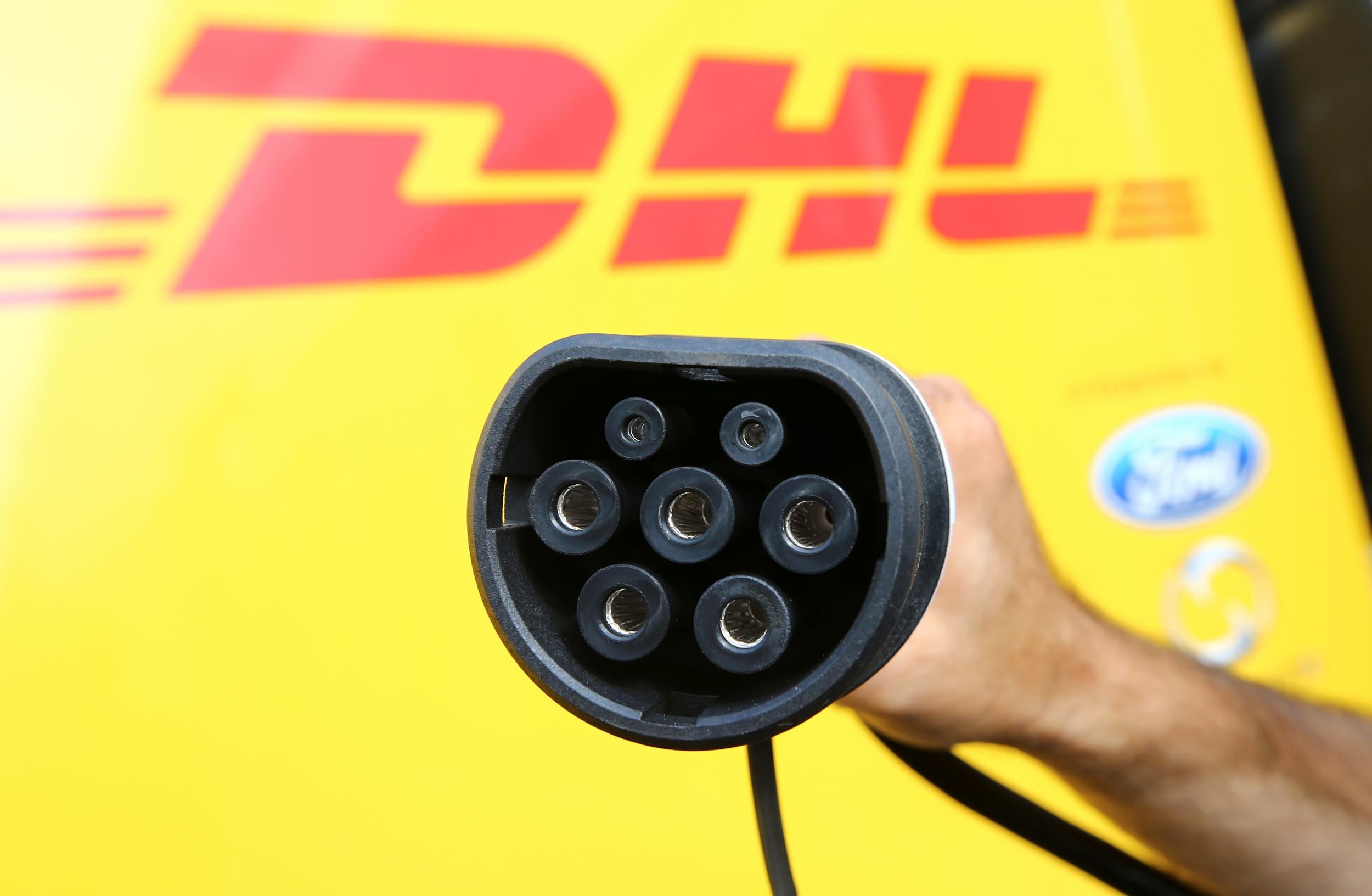Ford considers building electric van in Germany
The carmaker is teaming up with a German logistics firm to build an electric minivan

Ford is considering building the electric Streetscooter minivan developed by German logistics firm Deutsche Post as both companies explore ways to expand the project, a senior official of the carmaker in Germany said.
Deutsche Post said last month it would consider broadening its alliance with Ford as Germany, the main market for the vehicles starting at €32,000 (£28,097), clamps down on toxic diesel fumes.
“We are looking at this in detail and pondering whether the number of units can be raised,” Gunnar Herrmann, chairman of Ford of Germany, said in an interview published on Thursday.
“The demand is there, one now needs to look at how this business model can be moved into a different dimension,” he said, adding Ford has been getting requests from all over the world since partnering with Streetscooter in June.
Advances in manufacturing software are allowing car industry newcomers such as Deutsche Post, Google and start-ups to tap suppliers to design, engineer and test new vehicle concepts without hiring thousands of engineering staff or investing billions in tooling and factories.
Deutsche Post initially developed the minivan for internal use and in response to growing inner-city transportation needs as online shopping results in more demand for parcel deliveries.
But the Bonn-based group plans to seek another production site and double annual output to 20,000 vans by the end of the year.
Mr Herrmann said Ford is studying the conditions required to build the model in Germany.
“Electric cars will only see their breakthrough if we produce (them) in an extremely cost-effective way,” he said. “It would be difficult if we were to apply our customary production processes. One needs to be creative and take on a different perspective.”
Reuters
Subscribe to Independent Premium to bookmark this article
Want to bookmark your favourite articles and stories to read or reference later? Start your Independent Premium subscription today.

Join our commenting forum
Join thought-provoking conversations, follow other Independent readers and see their replies